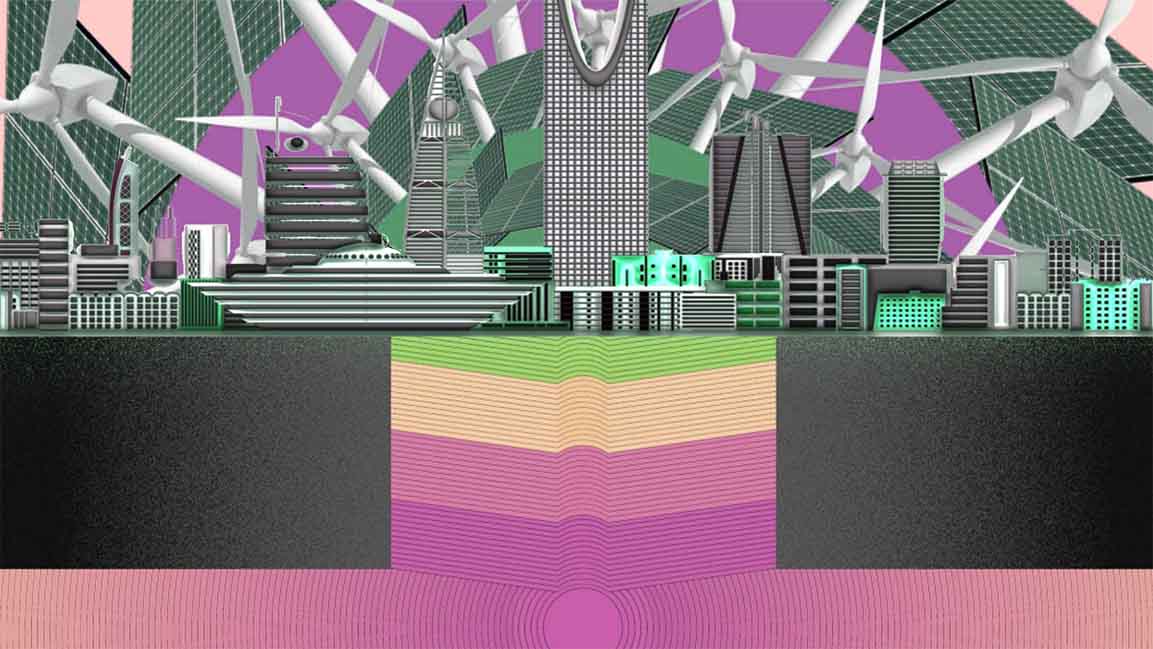- | 12:00 pm
Urban planning needs smart and sustainable solutions, experts say at FII
The future of designing urban spaces to maximize the quality of life was one of the topics discussed at the Future Investment Initiative forum in Riyadh

Architects, planners, and developers are rethinking conventional models when building new cities to prioritize the environment, technology, and human well-being due to the problems that metropolitan populations are confronting worldwide.
At the Future Investment Initiative forum in Riyadh on Wednesday, experts discussed the role cities would play in the global pursuit of a clean-energy and zero-emissions future.
Existing cities will be better able to handle some of their most fundamental issues if more green areas, pedestrian pathways, and cutting-edge technologies are introduced to reduce waste and overconsumption of resources.
Because of this, the schedule for the forum’s second day featured a session designed to reconsider livability and study the potential for entirely new cities based on altogether different designs, values, and concepts.
Nik Gowing, the founder and co-director of an independent project that assists leaders in understanding the threats and opportunities in the new era of radical uncertainty and disruption, moderated an FII panel titled Designing Cities for 2122. During the discussion, he stated that many people struggle to understand “how we’re going to cope with huge numbers of people who expect to live in cities, even though the cities are not built to cope with them.”
According to Mohammed Alabbar, the founder of Emaar Properties, the issues affecting the world’s ever-expanding cities can only be solved by implementing smart, sustainable solutions that balance social and economic development.
“I think everything will be driven by technology. I think we, as human beings, have a massive risk, but we are also very capable,” Alabbar said at the panel discussion.
With digital twin technology helping to predict what an entire city will look like, panelist Laurent Germain, CEO of Egis, an international company that designs and operates intelligent infrastructure and buildings, said that the technology could simulate the creation of new infrastructure, the creation of a new district in the city, and the impact it will have from gas emissions, helping city planners decide on the overall foundation of the city before building.































